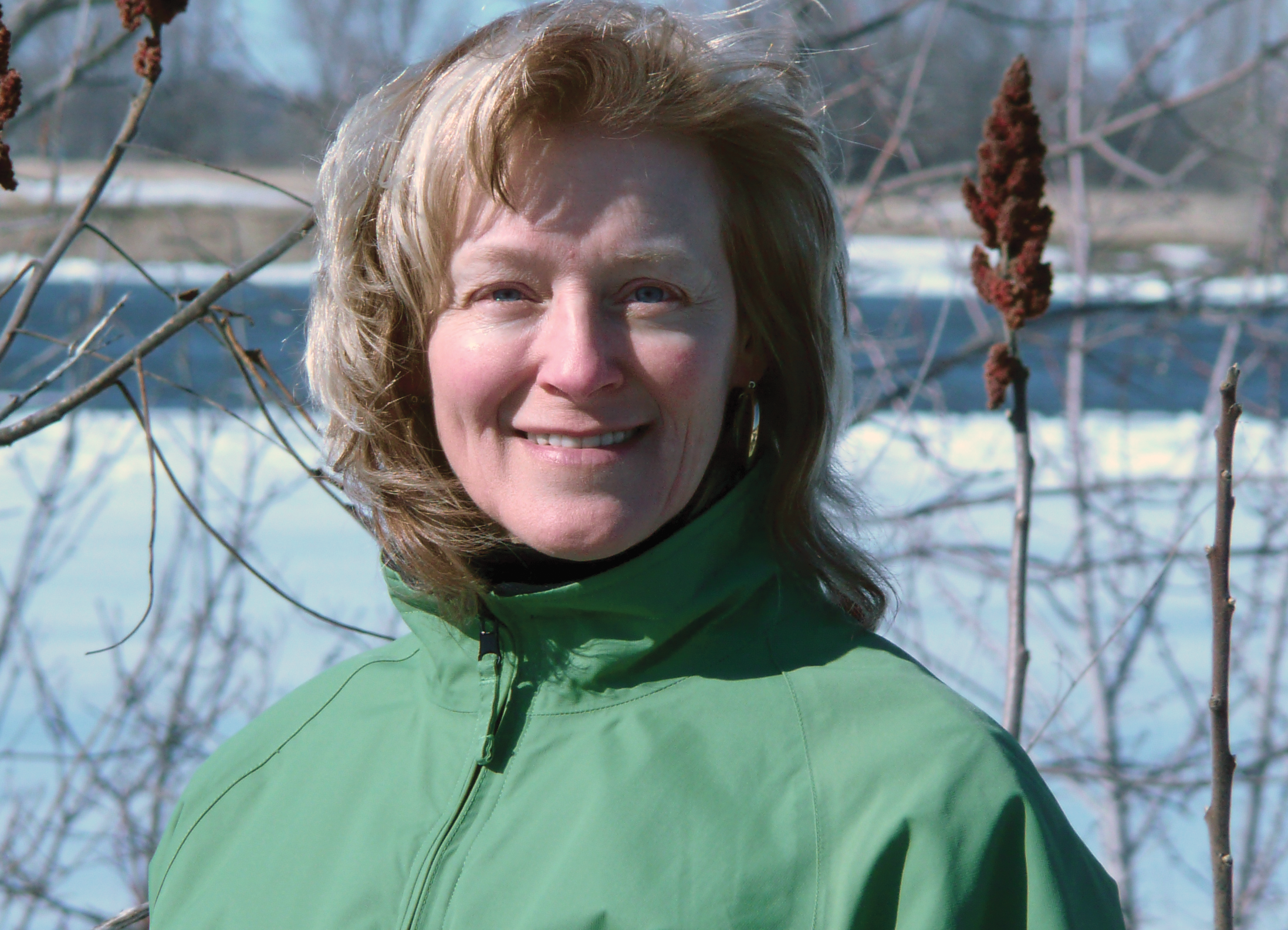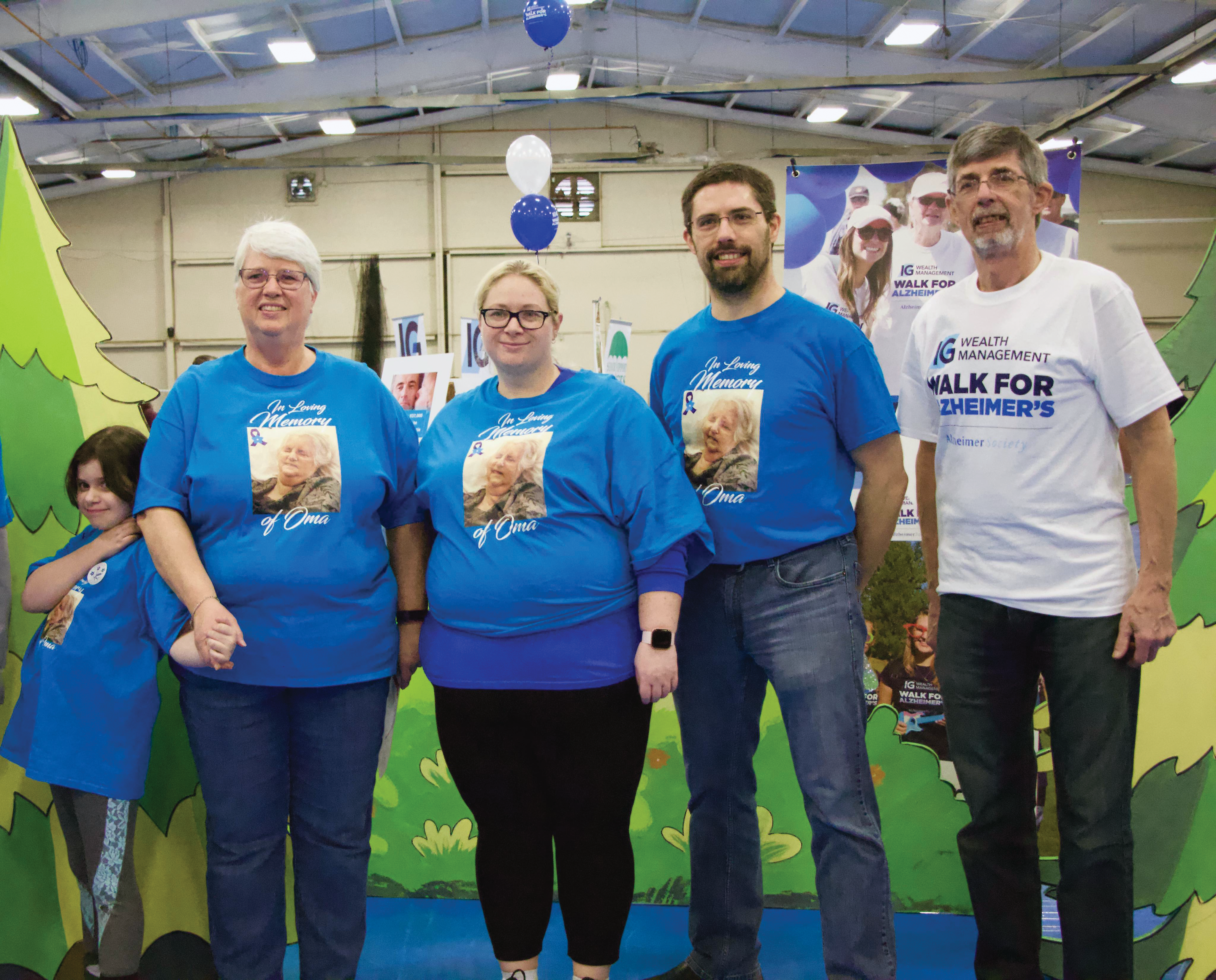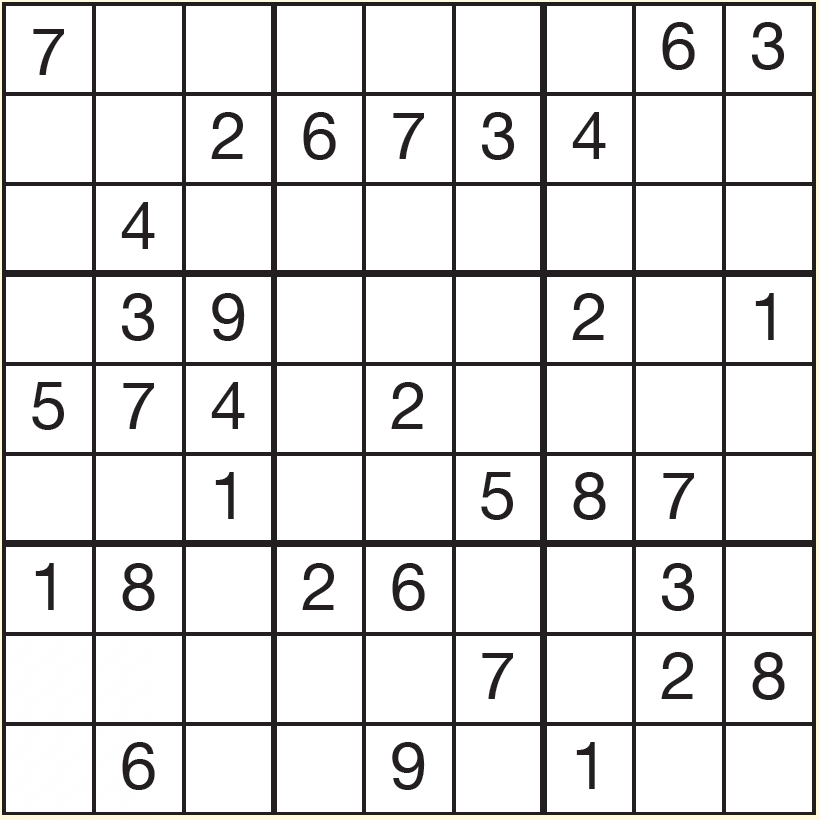Thank you for standing with us
I hope you and your family are safe and healthy as we continue to feel the impact of COVID-19. While the pandemic has affected us all, the isolation many of us are feeling is even more challenging for people with dementia who don’t understand why loved ones can’t visit. And, without in-person support, there is little respite for caregivers.
During this crisis, and always, the Alzheimer Society remains committed to ensuring everyone who is impacted by dementia receives the care and support they need. And this is because of loyal donors who make our work possible.
With your support, we’ve enhanced and accelerated our phone and online counselling and support services. You are behind every answered phone call and email that helps someone feel less alone. And as more and more people reach out to us — from those personally affected to critical care workers looking for trusted information — we will continue to listen, adapt and respond. Dementia doesn’t stop and neither do we.
Thank you for your continued support.

Stephen McCullough
Chief Executive Officer
Alzheimer Society of Canada









